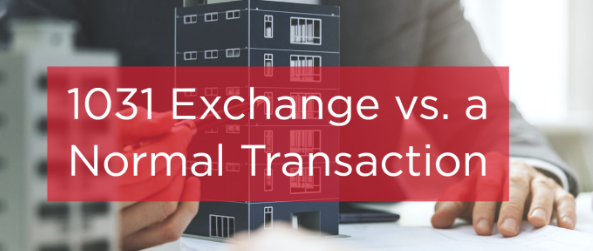When it comes to intricate investments such as 1031 exchanges, having the right guidance is pivotal. Local 1031 exchange advisors near me advisors in your area can serve as invaluable partners, offering specialized knowledge and personalized assistance tailored to your investment goals. Navigating investments through their expertise not only streamlines the exchange process but also maximizes the potential for successful property transactions.
One of the primary advantages of local 1031 exchange advisors is their in-depth understanding of the regional market dynamics. These advisors possess intimate knowledge of the local real estate landscape, including market trends, property values, and emerging opportunities. This familiarity enables them to provide tailored advice aligned with your investment objectives within the specific area.
Their proximity offers a unique advantage, allowing for face-to-face consultations and on-site assessments. Meeting in person facilitates a deeper understanding of your needs and preferences, enabling advisors to provide more personalized guidance and recommendations suited to your investment strategy.
Local advisors specializing in 1031 exchanges are well-versed in the intricacies of tax-deferred transactions and the nuances of IRS regulations. They ensure that investors navigate the exchange process seamlessly, leveraging tax advantages while adhering to local laws and compliance standards, thus optimizing the financial benefits of the exchange.
Furthermore, these advisors often have established connections and networks within the community. Their relationships with real estate agents, property managers, and other professionals provide investors access to a comprehensive network of resources, aiding in the identification of potential replacement properties or suitable investment options.
When seeking local 1031 exchange advisors in your area, consider their experience, track record, and industry credibility. Assessing their expertise in facilitating successful exchanges, reading client testimonials, and seeking recommendations can help identify advisors best suited to meet your investment needs.
Collaborating with local advisors also brings a sense of reassurance and transparency to the investment process. Their availability for in-person meetings, thorough explanations of investment strategies, and clear communication throughout the exchange journey instill confidence and trust in their guidance.
In conclusion, local 1031 exchange advisors in your area serve as indispensable allies in navigating complex investment strategies. Their localized knowledge, personalized approach, understanding of regional market nuances, and adherence to compliance standards contribute significantly to successful and strategic 1031 exchanges. By leveraging the expertise and guidance of these advisors, investors can navigate investments more confidently, optimize their portfolios, and seize lucrative opportunities within the realm of real estate transactions.
